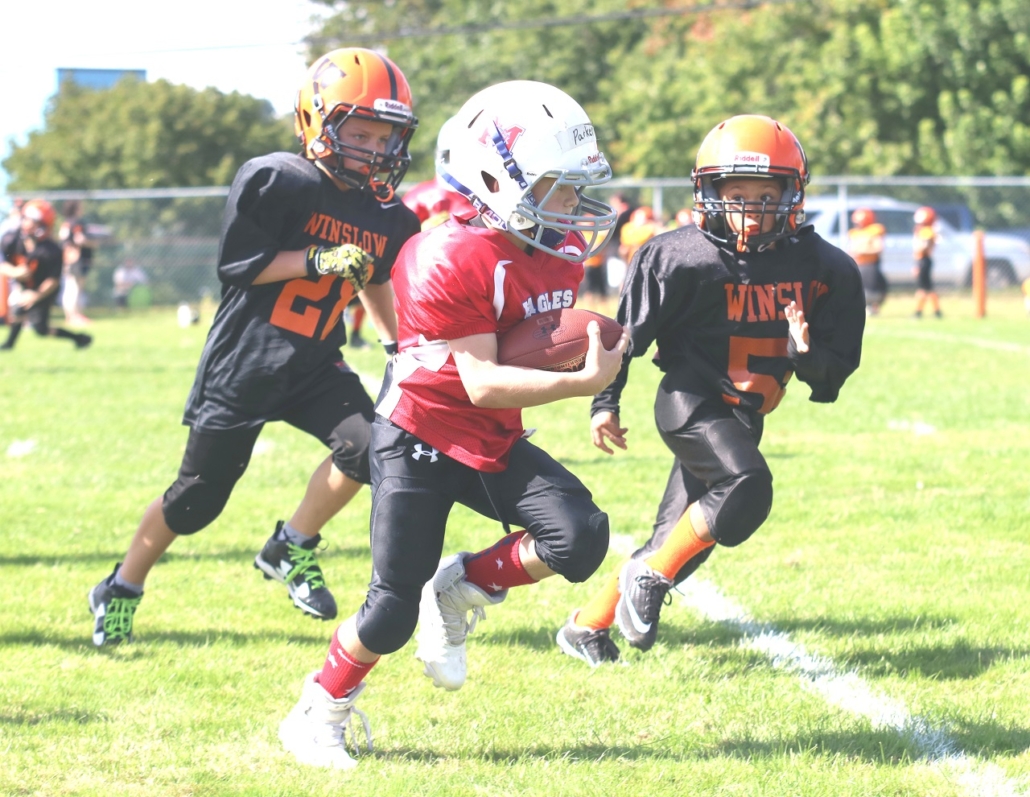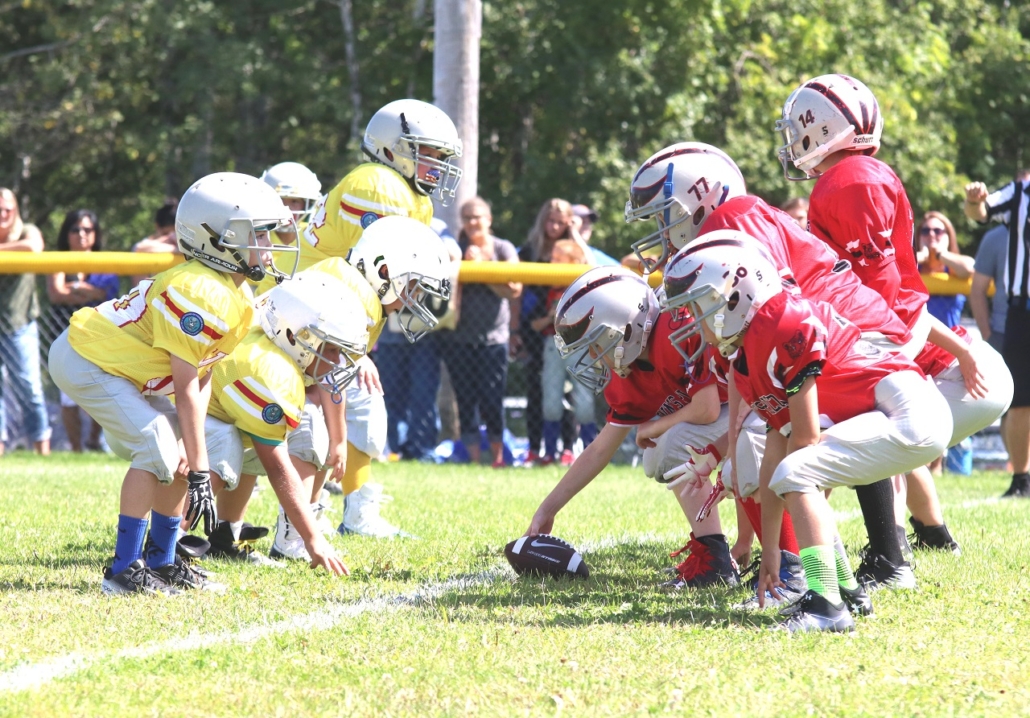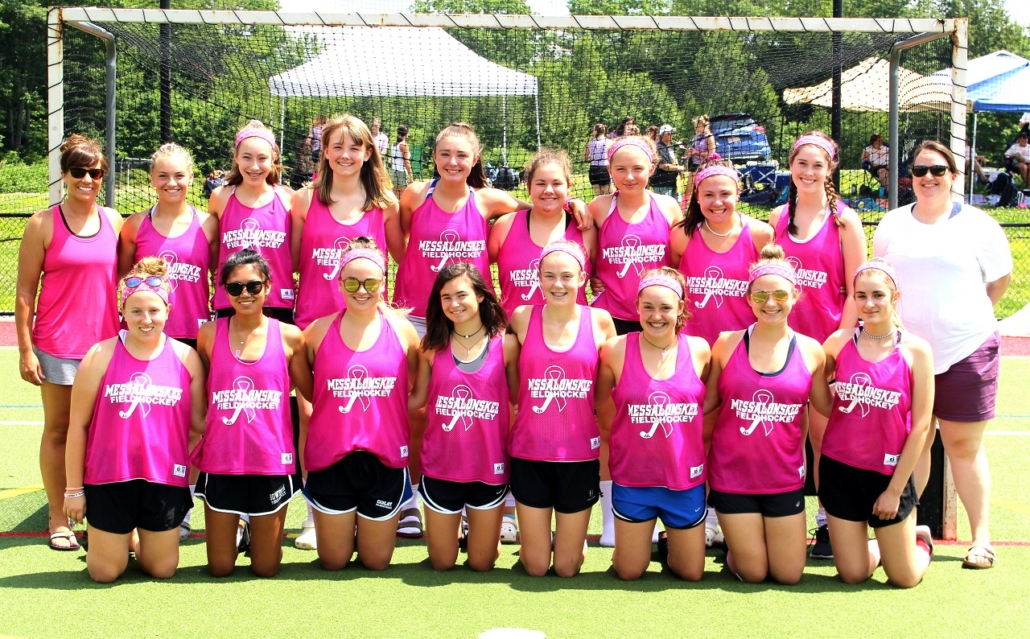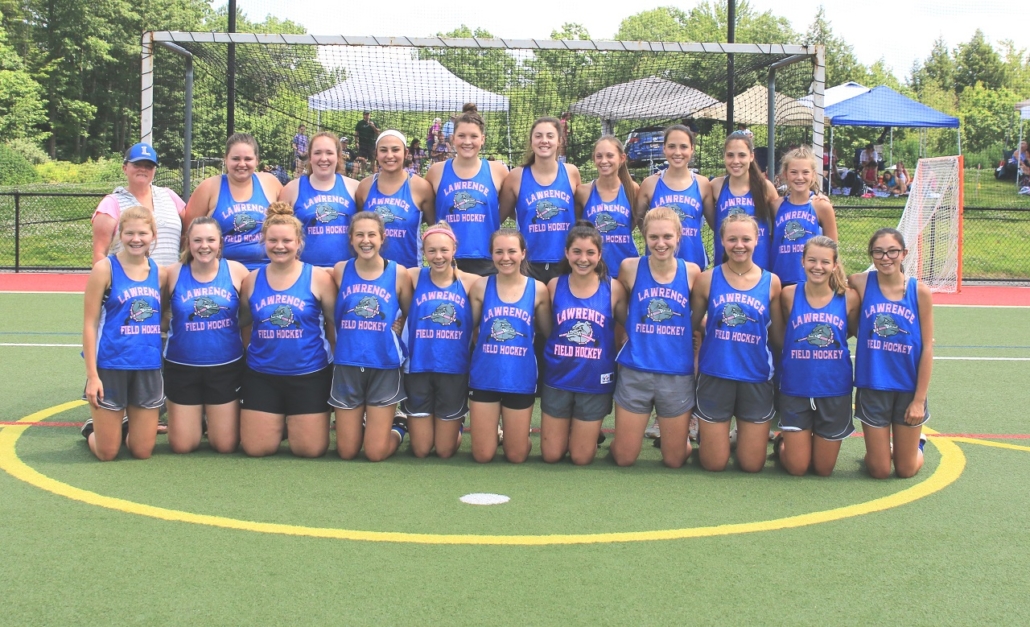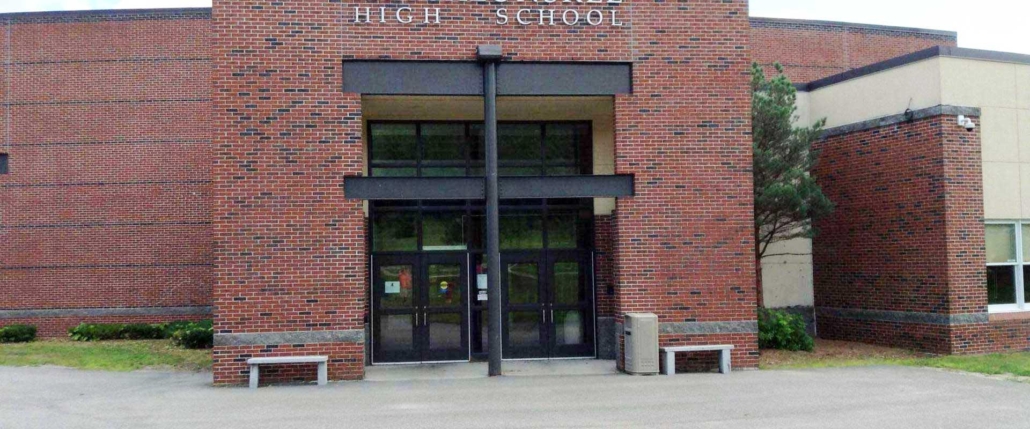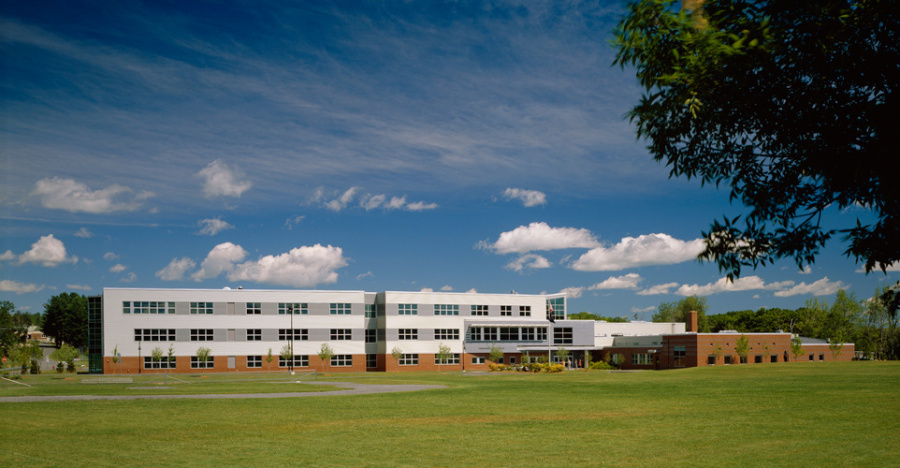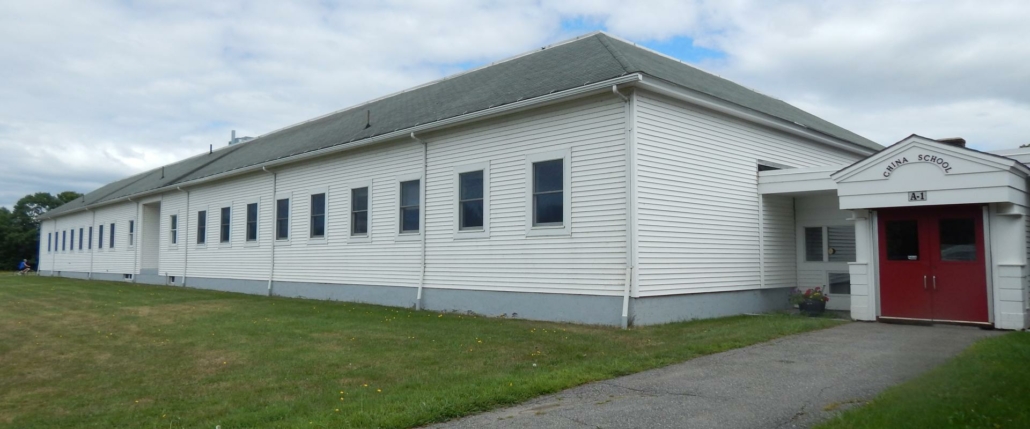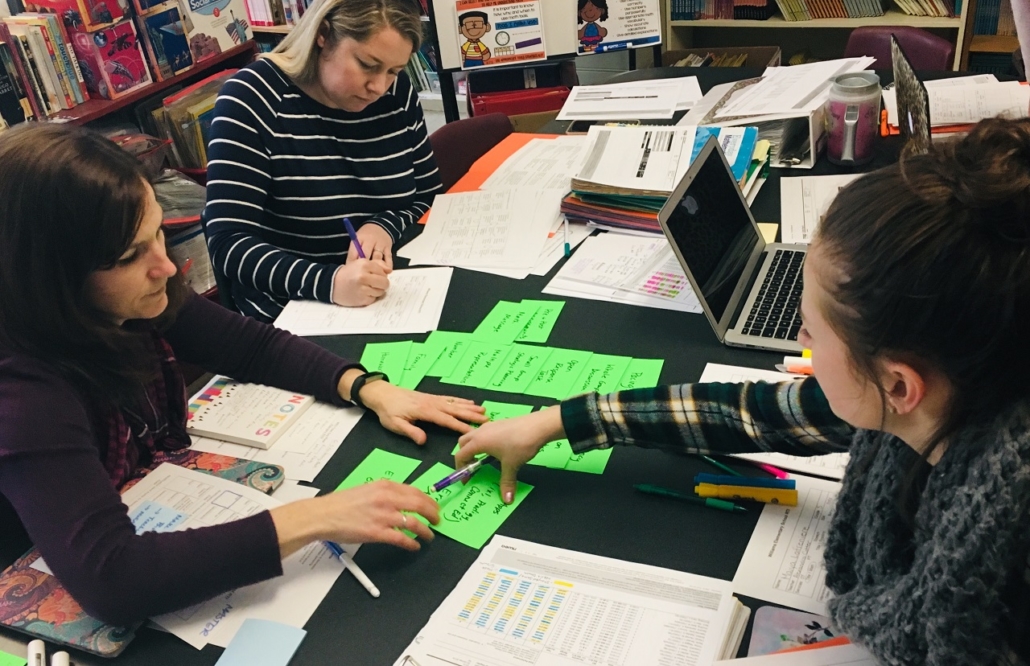 Each school is staffed by dedicated professionals who give so much to the students
Each school is staffed by dedicated professionals who give so much to the students
If you go into any school in RSU #18, it doesn’t take long to find the hub of the action. There are a few common telltale signs: the space is always welcoming, it’s full of books, and each one is staffed by dedicated professionals who give so much to our students. Our librarians and library assistants across the district do a wonderful job providing classroom support and bringing educational opportunities to everyone from our pre-k students to our community members. They are there for our students in so many ways, and we cannot say enough about all the good they do.
For the last four years, Kathryn Bailey has overseen the libraries at our elementary schools in Oakland, Belgrade, and Sidney. During that time Kate has been instrumental in creating reading spaces, developing opportunities for families to read together before and during school, and organizing and finding funding for numerous authors’ visits. “Kate works hard, at each school, to provide a functional and inviting library that supports school curriculum and recreational reading,” said Belgrade Community School Principal Gwen Bacon.
“She somehow finds the time to collaborate on projects and develop relationships with instructional coaches, building administrators, teaching staff and other district library staff.” Kate works with a gifted team of library assistants across much of the district. In each location, they provide learning displays and activities, coordinate the student choice book awards and the scholastic book fairs, and support teaching curriculum.
Atwood Primary School is where the weekly Rise and Read program was first started by Kate Bailey and Amy Grenier. “All Atwood students and their families are invited into our library where they are warmly welcomed and they get to listen to a wonderful story to begin their day,” said Jennifer McGee, Atwood Principal. Recently, the Atwood library has also started hosting a monthly reading event with the Snow Pond Senior Center where senior volunteers come to read with the students.
At BCS, Rita Daniels is at the helm of day-to-day operations. This year, Rita’s focus has been on coordinating with teachers to encourage increased library time for students. Rita is also a dedicated staff member who is always coming up with new ways to improve morale and goes above and beyond to help anyone at BCS. “Rita is integral to our building and student success,” said BCS Guidance Counselor Jamie Wade. “With her positive mindset and team approach, she is a pleasure to work with each and every day!”
Lisa Dugal, the James H. Bean School library assistant, wears many hats. She works with the kindergartners during the daily intervention block, assists teachers by gathering books and videos to augment their units, and is always the first to volunteer if a recess or lunch duty needs covering. She even makes sure students’ birthdays are special through the “Birthday Book Club.” “She goes above and beyond with everything that she does,” said Principal Erica St.Peter. “It is impossible to capture all of the little things that Lisa does on a daily basis to ignite the love of reading in our students at Bean.”
The Williams Elementary School library is run by Rose Smith. Smith and Bailey facilitate book talks during W.I.N (What I Need) time to provide practice in active listening, processing, and comprehension. They do so much to get students excited about new books that come in. “Our librarians offer read-ins to our students and teachers which incorporate read-alouds, book trailers, and independent reading,” said WES Principal Melanie Smith. Students even get to wear their pajamas at read-ins to give them that cozy and festive feel.
Sonja Boudreau, the librarian “par excellence” at both China schools, does so much to instill the love of the written word in her students. “Last year, author Lynn Plourde read her books and conducted writing workshops with our students,” said China Primary School Principal Darlene Pietz. “What a great experience for our children!”
Mrs. Boudreau also facilitates several structured study halls, oversees reading interventions, and teaches a library skills class to all the fifth-grade students. “When students arrive at middle school for the first time, they welcome the familiar friendly face of Mrs. Boudreau, who has already instilled the love of books in so many of them at the primary school,” said China Middle School Assistant Principal Meghan Murphy. “Her enthusiasm for books and learning is truly contagious to all that enter her library.”
“Libraries are the cornerstones of our schools,” adds Messalonskee Middle School Principal Mark Hatch. He describes the MMS librarians, Rebecca Cobban and Denise Rivard, as “masters of information” and a great resource and support for MMS students. They are dedicated to helping teachers find the right information to tackle any topic and teaching students to recognize bias and false information so they can get to the true facts. He adds that librarians can be “the key holders to the love of reading” by finding the right books to spark students’ interest. “For all these reasons and more our librarians should be the ‘Most Sung Heroes’ of our schools.”
The Messalonskee High School library has long been the domain of Sylvia Jadczak and Kiri Guyaz. The two women create a warm and welcoming atmosphere that many students seek out. The space is set up to make it possible for group work, club meetings, class lessons, and independent reading or study to happen comfortably all at the same time. Anyone can request a book, whether for reading or pleasure, and Jadczak will find a way to get it. She often takes extra time to write grants to supplement the book budget for this very purpose. The library also hosts various education opportunities during lunch, including basic healthy cooking lessons, the ever-popular lunchtime music series, and guest speakers on any topic imaginable.
The latest addition to these activities is the return of Lunchtime Forums where students learn how to discuss tough topics in a diplomatic way. “Sylvia is an advocate for all our students and will go the extra mile to help a student in need,” said Paula Callan, MHS Principal. “Kiri has worked with students outside of the library through her photography club. Both ladies play an integral role in our school.”
There is absolutely no way to fully capture the scope of what these amazing people do in our district. From daily operations to taking the time to connect to a student in need or working to instill a love of reading in all our students, our librarians are true educational heroes and we are grateful for them.
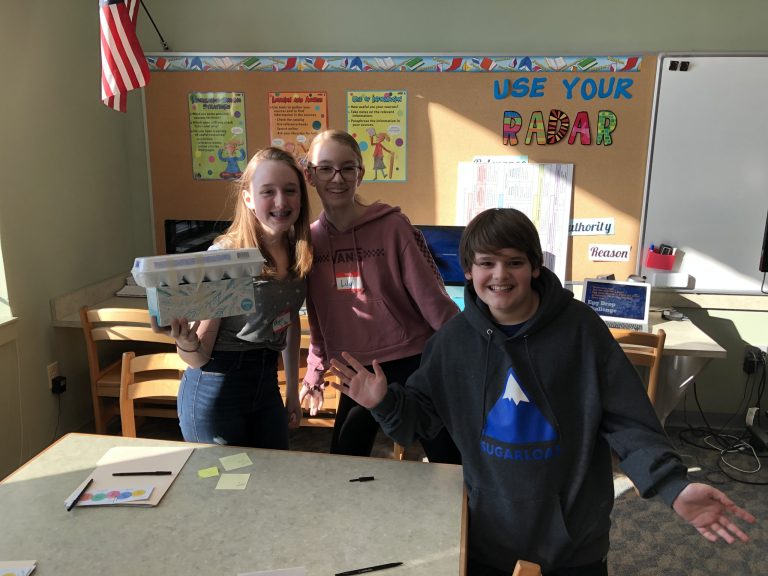


 Empty Bowls has been a fundraiser at Messalonskee High School for the past several years. The purpose of this project is to raise money for local food pantries. It’s also about raising awareness about some of our community members who are struggling to provide food for their families.
Empty Bowls has been a fundraiser at Messalonskee High School for the past several years. The purpose of this project is to raise money for local food pantries. It’s also about raising awareness about some of our community members who are struggling to provide food for their families.

